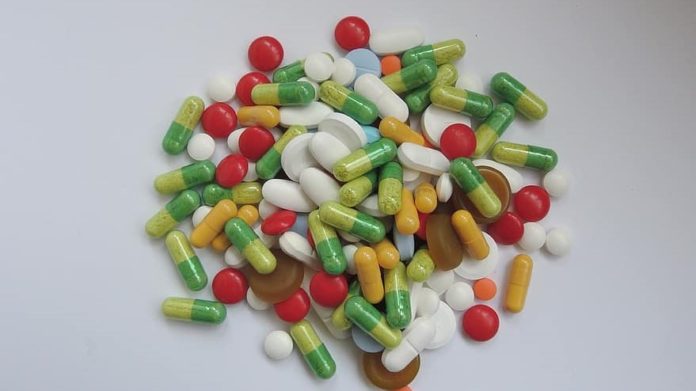In the era of COVID-19, minimizing face-to-face contact as much as possible is the priority, but essential services like pharmacies must remain open. Streamlining the process by which patients obtain their medication could be the solution that ensures prescriptions are fulfilled while minimizing contact.
MedAvail is a Canadian company that develops and installs self-service pharmaceutical kiosks that can safely dispense medications under the remote supervision of a pharmacist. In under 90 seconds, the MedCenter can dispense both handwritten and electronic prescriptions for over 600 medications.
Users connect with pharmacists through a private video call feature built into the unit. The pharmacist carries out their role as normal: reviewing the patient’s medical history, checking for allergies, assessing for potential interactions with other drugs, and counselling patients with safety concerns.
Meanwhile, the machine rapidly prepares the order, which is reviewed by the pharmacist to confirm accuracy. It then releases the medication along with the necessary paperwork to the user.
The numbers in deployment are growing. Eight of MedAvail’s units have been installed across the Greater Toronto Area as of summer 2019 with plans to expand that number. Units have also been installed across the US and globally.
Business Wire reported that in clinics where a MedCenter kiosk is deployed, approximately 25-40% of prescriptions are being completed using this tech, suggesting the self-serve method is fast becoming a preferred option.
“We are demonstrating that MedAvail’s platform is potentially highly disruptive to the pharmacy supply chain,” said CEO Ed Kilroy to Business Wire.
“Operators can pop up an automated pharmacy presence as needed, enabling industry operators, and new entrants, a unique new way to reach end-customers at very low cost.”
Multiple benefits of remote kiosks
In particular, rural populations stand to benefit from remote kiosks, as they are often underserved by brick-and-mortar stores. With this technology, they could have greater access to medication and secure consultation with their pharmacist.
MedCenters may also be a boon for social distancing measures as patients can collect away from crowds, similar to withdrawing from an ATM.
Expanding access to pharmaceutical dispensing could lead to an upswing in medication adherence, according to Glen Stettin, CIO at Express Scripts, a co-investor. Medication adherence has been cited as a significant issue in treating patients with major chronic conditions like diabetes, hypertension, asthma, and depression.
“We believe this technology, when deployed on a larger scale, could have the potential to bring pharmacy dispensing to employer sites, hospital emergency rooms, community clinics and university campuses,” commented Stettin to Multivu.
“This technology also could help community pharmacists increase their community presence and the efficiency of their operations, relieve congestion at retail pharmacy counters, extend a pharmacy’s hours of operation, and allow pharmacists to focus on their important role in providing clinical care to patients,” he added.








































